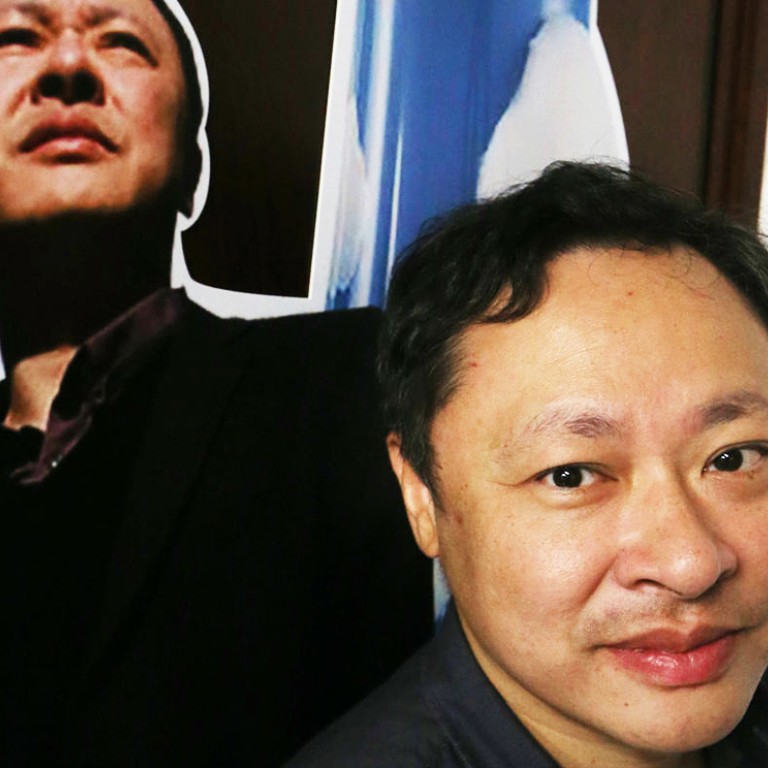
Upbeat Occupy Central founder Benny Tai hints at long-term fight
Benny Tai says upcoming sit-in might only be the first of many protests by the movement
There could be more than one round of protests, an Occupy Central co-founder says as he works on transforming the civil disobedience movement into a long-term struggle.
Benny Tai Yiu-ting said the sit-in protest was to ensure lawmakers would veto Beijing's restrictive reform model for the 2017 chief executive election - and that the protest might only be the movement's first.
"There might be a second, or a third. When will they be? I don't know," Tai told the yesterday.
The upcoming act of occupying the business district would not be an end, said the associate professor of law at the University of Hong Kong.
Watch: Benny Tai: This might only be the first Occupy Central...
Rather, it would bring about a new era of civil disobedience, in which Hongkongers would no longer follow the local and central governments' framework but use "creative" strategies to continue their fight for genuine universal suffrage, he said.
"In this new era, we may have an alternative system in building up the democratic capacity of Hong Kong people," Tai said, adding that the movement's organisers had considered many possibilities of running an "alternative system", including holding a shadow election in 2017.
Tai said that the idea of having a shadow poll - which he picked up from his colleague Eric Cheung Tat-ming - would serve to counter the official one.
If Beijing's new model is vetoed, the 2017 election would have to follow the old model, which was used to pick Chief Executive Leung Chun-ying in 2012.
Beijing's new model, laid down by the National People's Congress Standing Committee, will cap the number of candidates in 2017 at two or three and give a 1,200-strong nominating committee the exclusive power to select them.
Tai said the shadow poll could adopt the model that was voted for by the most number of people in Occupy Central's unofficial referendum held in June. That model allows for public and party nomination on top of the nominating committee.
Speaking of long-term plans for his movement indicates Tai does not plan to leave the scene following the occupation.
"Having participated in the democratic movement for the past 30 years, I think there's no reason I will leave … It's only whether I will take a more active role or less," said Tai, who first entered politics as a student representative in the Basic Law Consultative Committee that gauged public views for drafting Hong Kong's mini-constitution before the handover.
Another "creative" strategy to prolong the movement was to organise more referendums for people to express their views on important issues, he said.
On immediate plans, Tai said some 140 doctors and more than 50 lawyers had offered "humanitarian aid" and pro bono services to Occupy Central protesters.
The movement would launch a publicity campaign shortly to counter government propaganda asking Hongkongers to accept the model as it was, he said.
Tai said the sit-in was bound to happen, although "the action to put forward a threat of civil disobedience" had failed.
"Some of our supporters may not like to hear the word 'fail'. If I rephrase it, up to this point we have not achieved our goal for true universal suffrage through the [threat]," he said. "But that does not mean the movement failed. We're going to use another action to achieve the goal."


